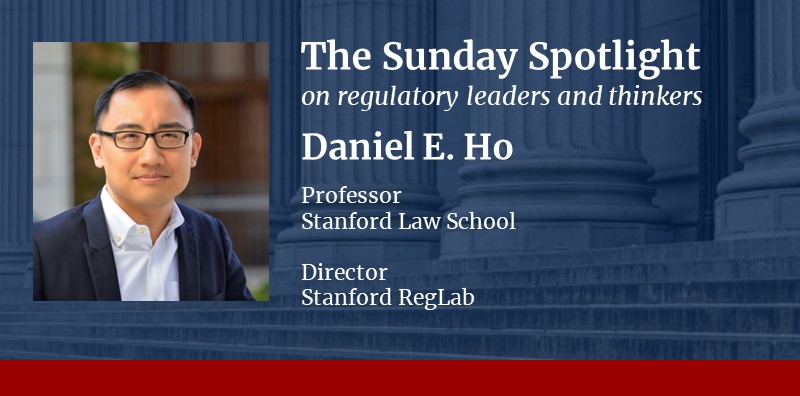“AI Regulation: Identifying Risks and the Future of AI Legislation”
Artificial intelligence (AI) has become a hot topic of conversation, thanks in part to the public release of the ChatGPT AI model last year. With companies rushing to integrate AI into their products, the need for effective AI regulation has emerged. In a recent interview, Daniel Ho, a professor of law at Stanford Law School, shares his insights on identifying AI risks and the importance of future legislative proposals.
Identifying Emergent Risks
Ho believes that the most pressing regulatory issue with AI is understanding and addressing emergent risks. Currently, there is a lot of speculative and anecdotal information about the potential risks of high-capacity AI systems to cybersecurity and national security. Ho emphasizes the need for the government to develop regulatory capacity to understand these risks without relying solely on accounts from a few interested parties.
The Role of Legislation
When it comes to addressing the challenges of algorithmic accountability, Ho supports mechanisms for adverse event reporting and auditing. He argues that legislation should focus on reducing information asymmetry between industry and government and producing timely and accurate information about AI risks. This approach is similar to how other areas, such as cybersecurity, already have mechanisms for mandated reporting and investigation of incidents.
Concerns about Legislative Proposals
Ho expresses concerns about legislative proposals that primarily regulate the public sector while leaving the private sector largely untouched. He warns against replicating the historical accident of the Privacy Act of 1974, which regulated federal agencies but allowed the private sector to create systems posing a more significant threat to privacy. Ho believes that public sector technology and AI regulation should go hand in hand, as both are necessary for effective regulation.
Areas for Further Research
Looking to the future, Ho highlights the need for research in several areas. First, a better understanding of emergent AI risks is necessary. Second, collaborations between technical and legal domains are needed to identify feasible policies that balance explainability and audits. Third, Ho suggests considering non-AI regulation for some concerns, such as strengthening oversight of biological laboratories.
Ethical Use of AI in the Legal Profession
In the legal profession, Ho recommends the implementation of measures to ensure the ethical and responsible use of AI tools. While he doesn’t specify particular measures, he emphasizes the need for ethical considerations in applying AI in the legal field.
Overall, Ho’s insights highlight the importance of identifying emerging AI risks and the need for informed and effective regulation. What do you think about the future of AI legislation? Share your thoughts in the comments below!
IntelliPrompt curated this article: Read the full story at the original source by clicking here




